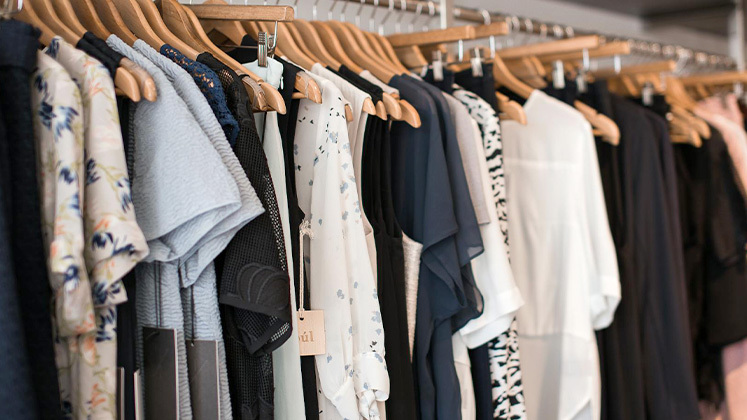A new study by Bain & Company has found that while sustainability remains a significant factor in consumer behaviour, many fashion brands are failing to make the transition effectively. The Consumer Lab ESG Survey 2025, which polled more than 14,000 people across eight countries including the UK, US, China and Indonesia, reveals a notable shift in attitudes and expectations.
The survey reports that 79% of respondents still say that caring about the environment influences how they shop—down from 90% in 2023, but still a substantial majority. It also found that around 70% of those surveyed aim to live more sustainably, and nearly a third are already practising six or more sustainable behaviours each day. Surprisingly, baby-boomers have adopted more new sustainable routines in the last three years than Gen Z, helped by their higher incomes and home-ownership.
However, the study highlights persistent barriers. 47% of consumers say that living sustainably costs more, and 42% would buy greener products if they were available locally. At the same time, confusing sustainability claims and inconsistent labelling add to consumer frustration. Bain argues that the issue lies less with consumers and more with brands that have “not made sustainable options accessible, affordable or clearly communicated”.
For example, the report estimates that US shoppers are willing to pay about 13% more for sustainable goods, yet many are charged a significantly higher premium. To address this, Bain recommends that brands invest in product innovation that bridges the gap between price, performance and sustainability—rather than relying solely on marketing.
Technology is also playing an increasing role in consumer decision-making. More than half of global consumers using generative-AI tools (such as ChatGPT) say they rely on them to make more sustainable choices—especially in regions such as China, Indonesia and the UAE. For fashion brands, this signals that transparent data will increasingly shape both human and algorithmic buying decisions.
Bain’s message to the fashion industry is clear: demand for sustainability has not disappeared—if anything, it has matured. Consumers still expect brands to lead, but their patience is wearing thin. Companies that can integrate design, sourcing, technology and marketing around genuine sustainable innovation will capture the next wave of value creation; those that cannot risk being sidelined as “de-consumption” becomes the default.







